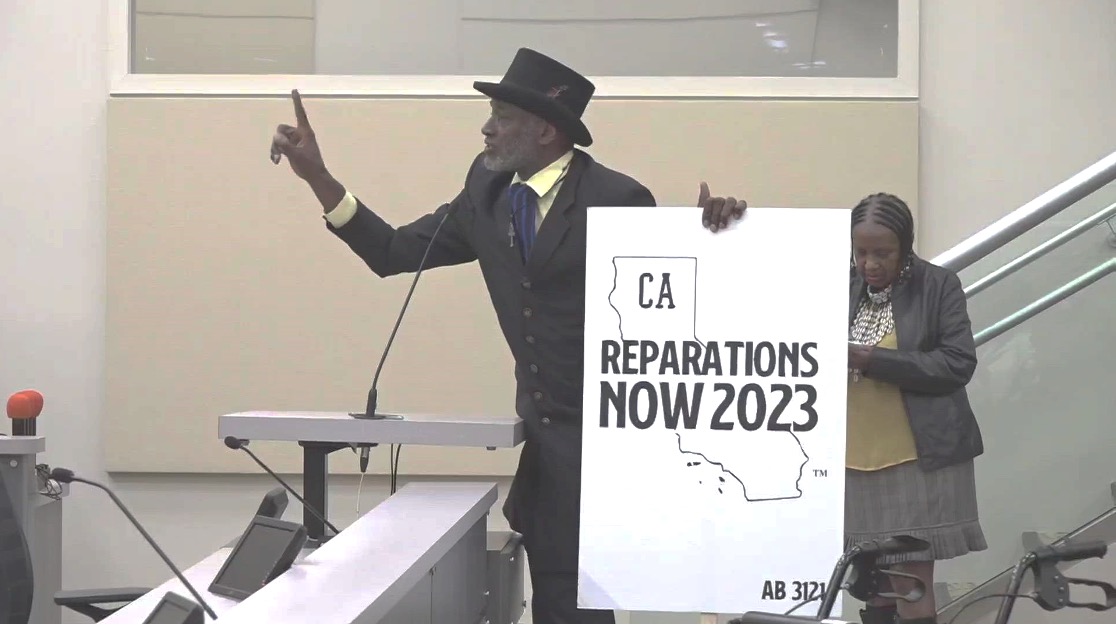Comments
LA WATCHDOG - While the California Reparations Task Force has recommended cash payments to descendants of slaves for the harms of slavery and past discrimination, there has been very little discussion about how to pay for the reparations and other related programs.
According to various reports, reparations will be in the range of $600 to $800 billion. There are also other recommendations that apply to eligible recipients, including, but not limited to, free college tuition, a guaranteed basic income program, financial assistance to increase home ownership, and interest free business loans.
But paying for reparations will be very expensive and require massive increases in our taxes.
At $800 billion, reparations are over three and a half times the State’s General Fund budget of $224 billion. It also amounts to $20,000 for each Californian, or $80,000 for a family of four.
If reparations were spread over 20 years, the annual payment would be $40 billion a year.
According to my back of the envelope calculations, this would require a 33% increase in the State’s personal income taxes that are now in the range of $120 billion.
The annual payment would be the equivalent of an increase in our local sales tax to over 15.5% and in our local property taxes by 50%.
The potential increase in our taxes will most likely require voter approval and some may even require the approval of two-thirds of the voters. Overall, the odds of these taxes being approved by the voters are long, very long, especially since Californians are already the nation’s highest taxed population.
There are also many other initiatives and issues that need to be addressed, including homelessness, healthcare, deferred maintenance on our infrastructure, and unfunded pension other retirement liabilities, to name a few, that will cost hundreds of billions. Will they be crowded out?
Reparations may also require the repeal of Proposition 209, the 1996 ballot measure that banned affirmative action. But this may prove difficult since 57% of the voters rejected Proposition 16 in 2020, the unsuccessful effort to repeal Proposition 209.
The California Reparations Task Force is expected to present its recommendations to Governor Newsom and the State Legislature by July 1, at which time we will have a better understanding of the cost of reparations. Any subsequent discussions, negotiations, and deliberations on how to finance reparations must be open and transparent because of the financial and tax ramifications on all Californians and our lack of trust in our elected politicians, especially when it comes to our wallets.
(Jack Humphreville writes LA Watchdog for CityWatch. He is the President of the DWP Advocacy Committee, the Budget and DWP representative for the Greater Wilshire Neighborhood Council, and a Neighborhood Council Budget Advocate. He can be reached at: [email protected].)
















